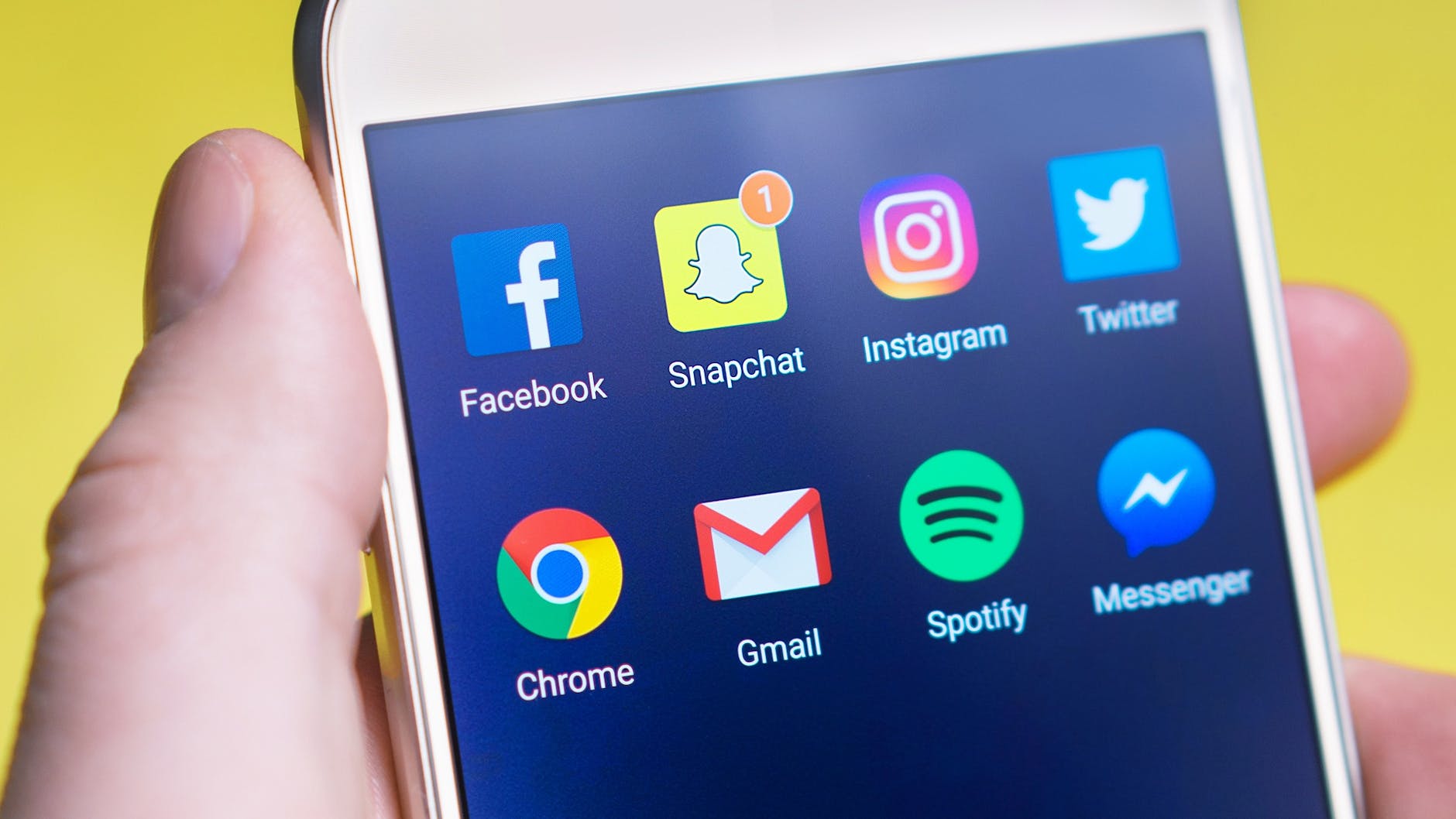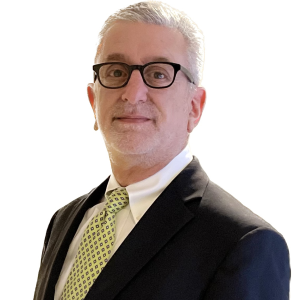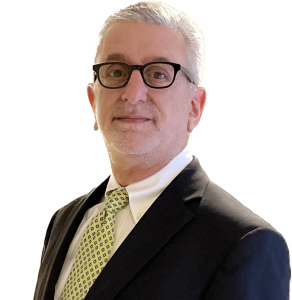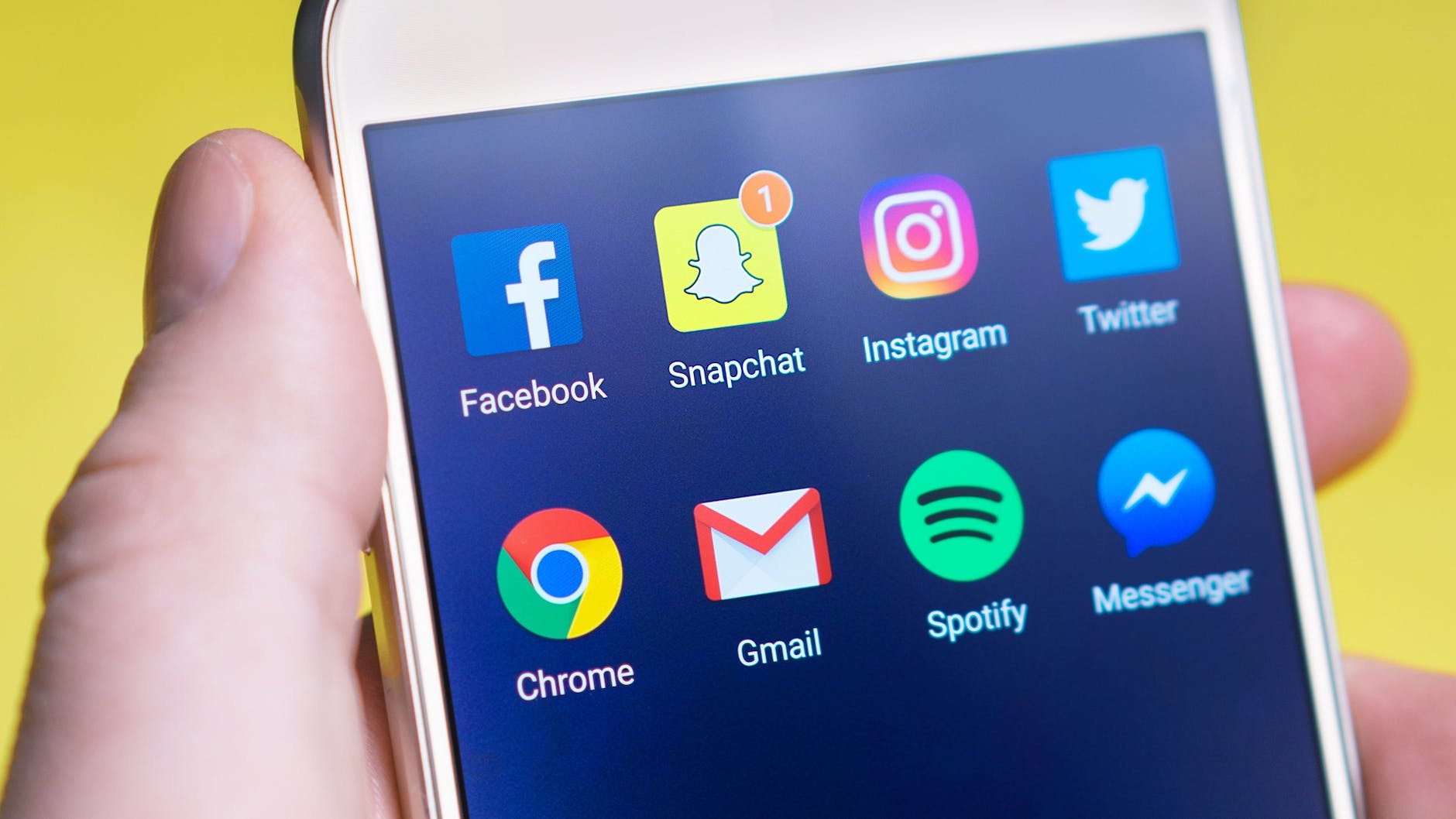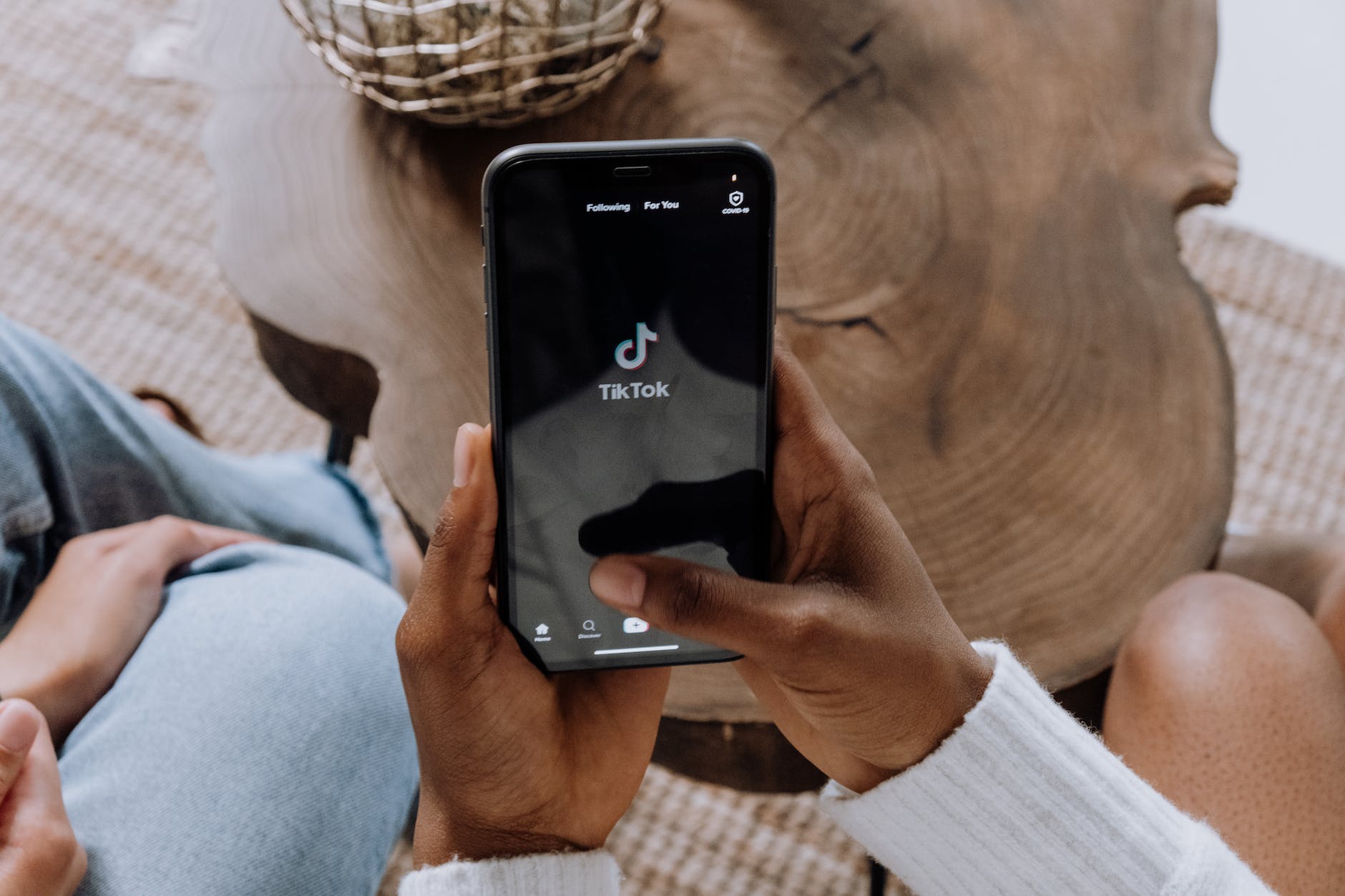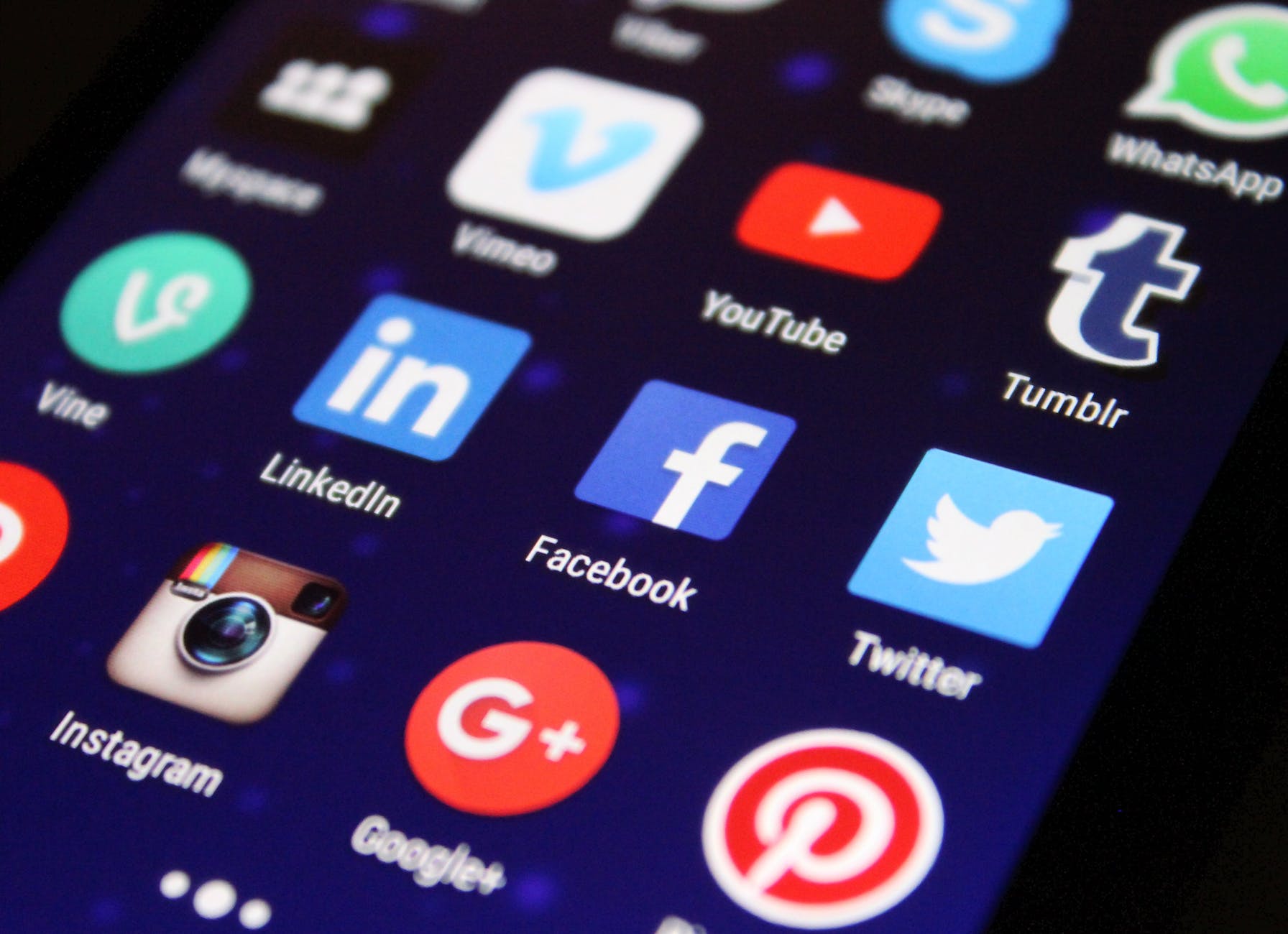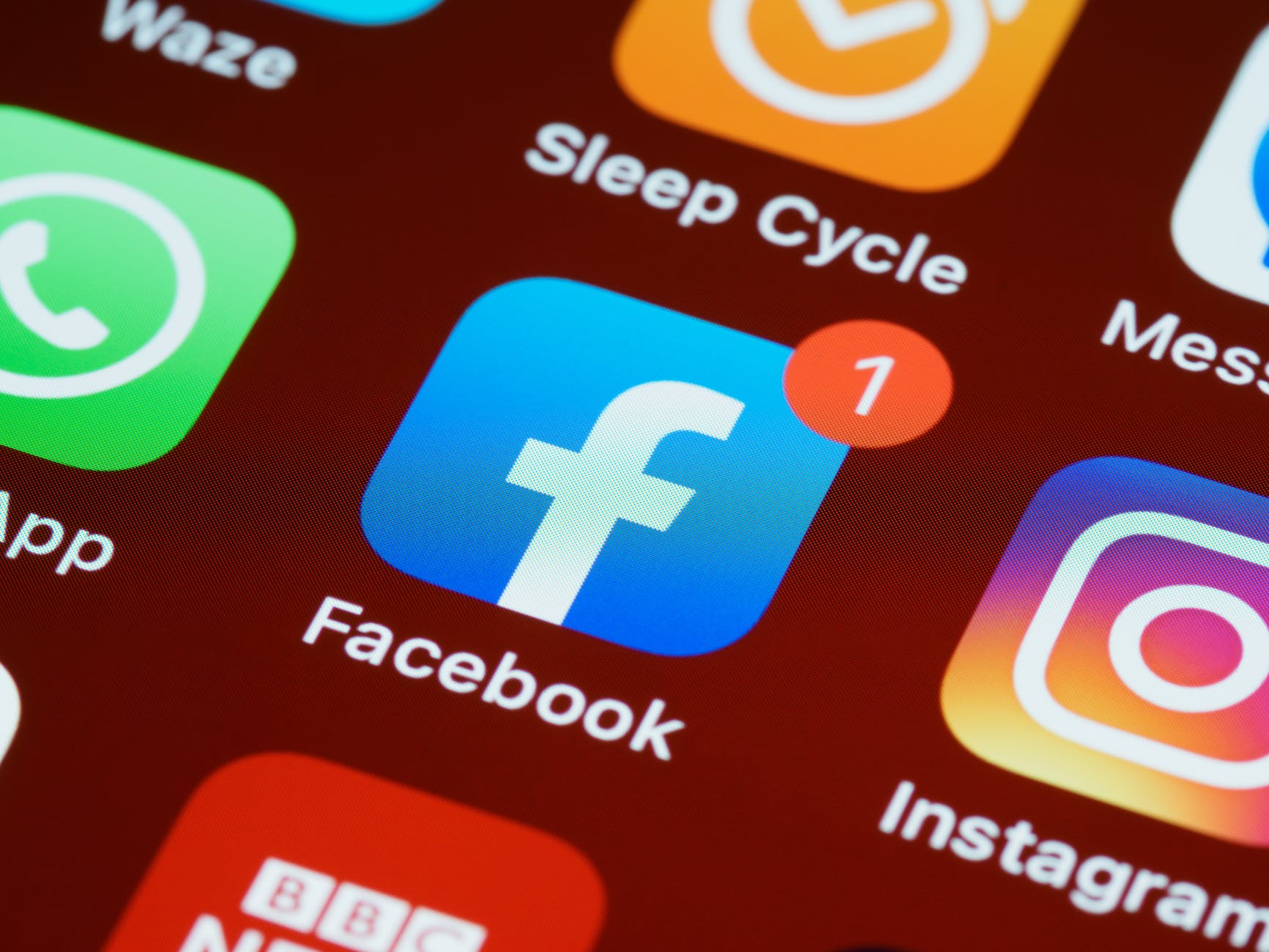There are Dangers of Social Media in today’s digital age, social media platforms like Snapchat have become ubiquitous in the lives of millions, offering a way to connect, share, and communicate instantly. However, amidst the allure of these platforms lies a darker reality – the risk of harm, particularly to vulnerable users like children. In Michigan, as in many other places around the world, the prevalence of social media has unfortunately opened doors for child predators to exploit and harm innocent young individuals. This article delves into the specific dangers posed by Snapchat and offers insights into how parents and guardians can safeguard their children from such threats.
Understanding the Threat
Child Predators on Snapchat: A Growing Concern
In recent years, Michigan has seen a concerning rise in cases involving child predators using Snapchat to target and groom minors. The platform’s features, such as disappearing messages and the ability to communicate with strangers through public stories and group chats, create an ideal hunting ground for predators seeking to exploit vulnerable children.
Unmonitored Access: A Recipe for Disaster
One of the primary concerns with Snapchat is the lack of effective monitoring and oversight, both from the platform itself and from parents or guardians. Unlike other social media platforms that offer robust parental controls and visibility into a child’s online activity, Snapchat’s ephemeral nature makes it difficult for adults to track interactions and identify potential threats in real-time.
The Risks of Snapchat for Children
Exposure to Inappropriate Content
One of the most significant risks associated with children using Snapchat is exposure to inappropriate content. Whether it’s explicit photos, videos, or conversations, the platform’s lack of stringent content moderation makes it easy for minors to encounter material that is not suitable for their age.
Grooming and Predatory Behavior
Child predators often use Snapchat as a tool for grooming victims, manipulating them into sharing personal information, images, or engaging in inappropriate conversations. The perceived anonymity of the platform emboldens predators to approach children under the guise of friendship, gradually gaining their trust before exploiting it for nefarious purposes.
Protecting Your Child from Harm
Open Communication: The First Line of Defense
The most crucial step parents and guardians can take to protect their children from social media harm is to establish open lines of communication. Encourage your child to talk to you about their online experiences, any interactions that make them uncomfortable, and any red flags they may encounter while using Snapchat or other platforms.
Education and Awareness
Educating children about the potential dangers of social media, including the risks associated with sharing personal information, interacting with strangers, and engaging in risky behaviors online, is essential. Teach them to recognize warning signs of predatory behavior and to trust their instincts if something doesn’t feel right.
Setting Boundaries and Using Parental Controls
Establish clear boundaries regarding your child’s use of Snapchat, including who they can add as friends, what type of content they can view or share, and when and where they can use the app. Take advantage of Snapchat’s built-in privacy settings and consider using third-party parental control apps to monitor and manage your child’s online activity.
Conclusion
While social media platforms like Snapchat offer countless benefits and opportunities for connection, they also present significant risks, particularly for young and impressionable users. The threat of child predators lurking on Snapchat is a stark reality that demands proactive measures from parents, guardians, educators, and policymakers alike. By staying informed, fostering open communication, and implementing effective safeguards, we can work together to protect our children from harm and ensure that their online experiences remain safe and positive.
If you or a loved one has been harmed bySocial Media, Lee Davis is here to help. With his expertise, dedication, and compassionate approach, he is committed to fighting for the rights of mesothelioma victims and their families, seeking justice and fair compensation. Contact Lee Davis today directly at 412-781-0525 for a confidential consultation and take the first step towards reclaiming your future.


